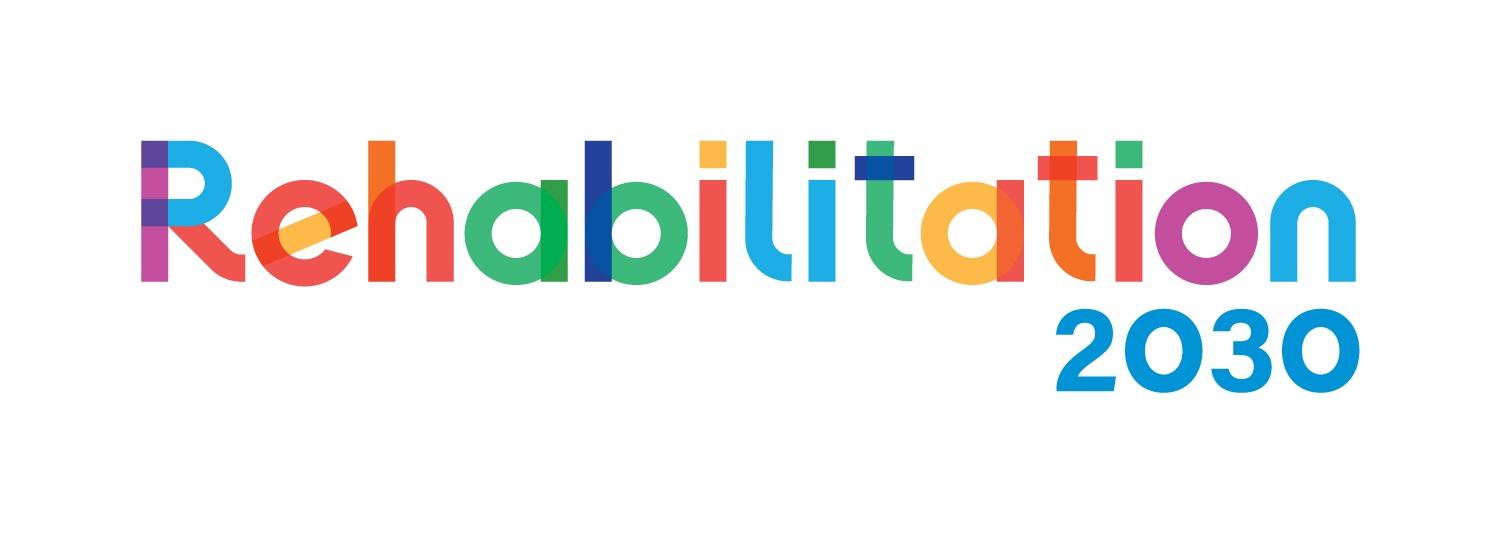1. Assess
Asses

Assessing for the areas of difficulty is the first step in a self-care assessment. It enables the health professional to identify the care modules for providing rehabilitation.
Within this care module, there is the need to assess the specific areas of community and social engagement. This reflects Assess B of the clinical decision tree. In order to do this, ask the person:
Do you have difficulty:
- Pursuing leisure or recreational interests and hobbies?
- Engaging in spiritual activities that are important to you?
- Engaging in regular sporting activities?
- Accessing the physical/public environment?
- Accessing local community resources (e.g clubs,
faith groups, day centers, sports)
![]() Question
Question

Remember Jeremy?
Jeremy is a 48 years old shop keeper in his
village and has developed a hearing impairment due to a traumatic event.
Jeremy
fears he may lose his job as a shop keeper as he is unable to communicate or
interact with customers.
His favorite leisure and recreational activities include attending church services and engaging in weekly community clean-up exercises. Since his hearing impairment occurred, Jeremy has stopped interacting with community members and engaging in his leisure and recreational and leisure activities because he is not sure how to participate in events as well as communicate with other people.
Which of the following in Jeremy history will give you information when assessing for difficulties in community and social engagement?
- a. Not being able to attend church services
- b. Not being able to engage in weekly community clean-up exercises
- c. Inability to communicate or interact with customers.
- d. All of the above
If you selected d, you are correct.
Jeremy’s inability to attend church services or weekly community clean-up exercises as well as his inability to communicate or interact with customers all indicate difficulties with community and social engagement.